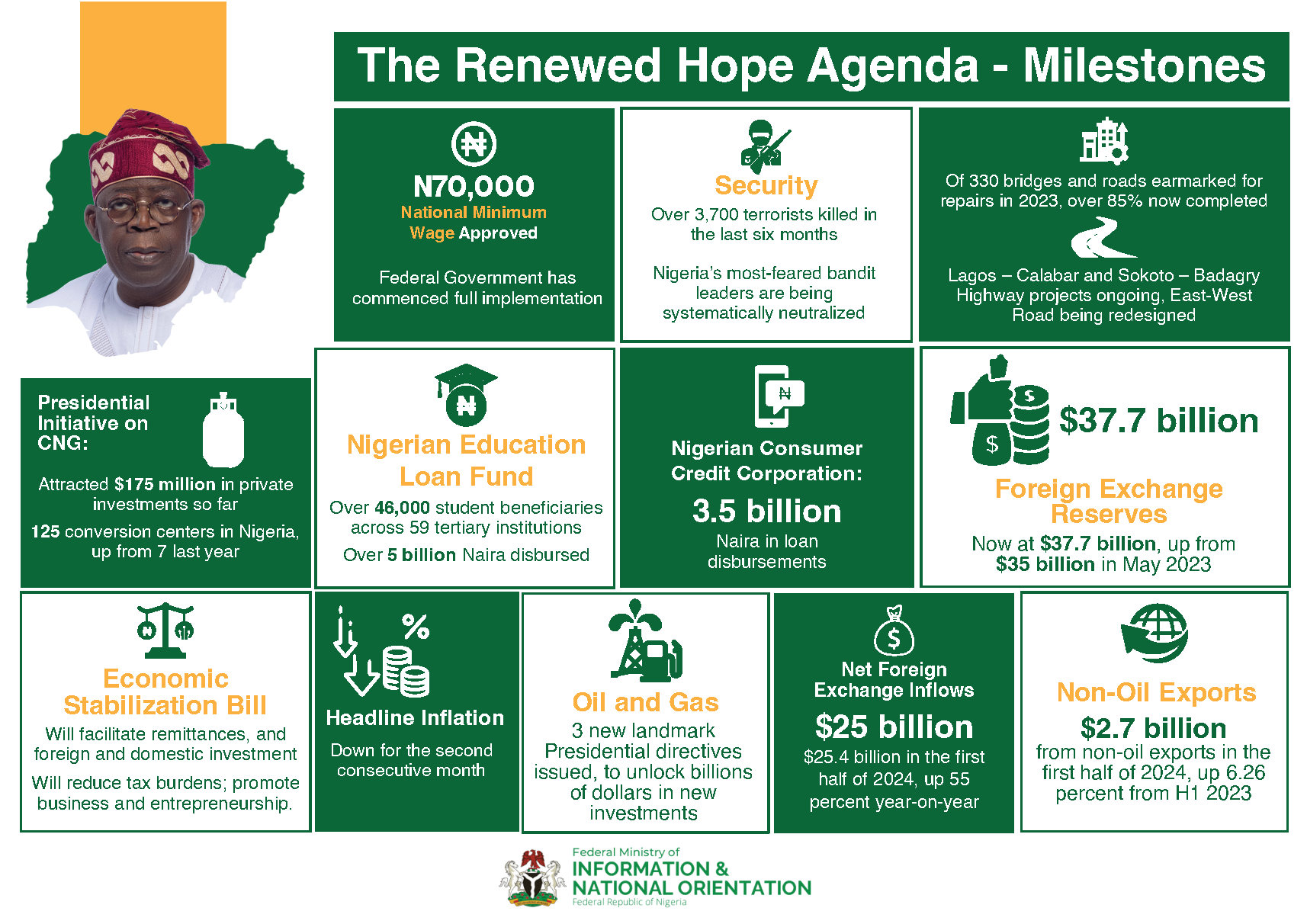Abuja, Oct. 3, 2024 (TheGavel) – The Sultan of Sokoto, His Eminence Sa’ad Abubakar III, has expressed concerns over the complex and deep-rooted environmental, political, and security challenges facing the Sahel region, which continue to impede peace and prosperity. Speaking at the 1st News Agency of Nigeria (NAN) International Lecture in Abuja, the Sultan highlighted the critical issues that have plagued the Sahel, despite its vast natural and human resources.
The lecture, held under the theme, “Insecurity in the Sahel, 2008 to 2024: Dissecting Nigeria’s Challenges – Genesis, Impacts, and Options,” served as a platform to examine the multifaceted challenges impacting the region. The Sultan, represented by the Emir of Gumi, retired Justice Lawal Hassan, emphasized that while the Sahel is rich in resources, its potential remains largely untapped due to persistent instability.
The Sultan described the Sahel as a vast semi-arid region of Africa that separates the Sahara Desert to the north from the tropical savannah to the south. This region, he noted, offers tremendous opportunities but also presents numerous challenges.
“With its abundant mineral resources like lithium, cobalt, and uranium, the Sahel could be described as one of the richest parts of the globe,” the Sultan said. He further noted that the region is expected to be populated by 1.5 billion people by 2050, making it one of the most youthful and rapidly growing populations in the world.
Despite these promising factors, he stressed that the region faces significant hurdles. “There are deep-rooted challenges – environmental, political, and security – that are affecting the prosperity and peace of the Sahel,” he explained. These issues, if left unchecked, will continue to hinder the potential for economic growth and stability in the region.
To address some of these pressing concerns, the Sultan mentioned the United Nations’ (UN) comprehensive support plan designed specifically for the Sahel. The plan targets 10 countries in the region, including Burkina Faso, Cameroon, Chad, The Gambia, Haiti, Mauritania, Mali, Niger, Nigeria, and Senegal. It seeks to scale up efforts aimed at accelerating prosperity and ensuring sustainable peace.
According to the Sultan, the UN’s Sahel support plan focuses on six priority areas: cross-border cooperation, prevention and sustainable peace, peace-to-growth transitions, climate action, and renewable energy. He explained that the overarching goal of the plan is to implement strategies aligned with the 2030 Agenda for Sustainable Development and the African Union’s Agenda 2063, creating a framework for lasting peace and shared prosperity.
“The support plan highlights the enormous opportunities in the Sahel, including its vast assets in natural resources, energy, tourism, and culture. It aims to mobilize public resources and attract targeted investments in the 10 countries to support ongoing efforts,” Abubakar added.
Despite the efforts being made, the Sultan noted that there is a crucial aspect of peacebuilding that has been overlooked. He emphasized the need for a greater focus on the historical, cultural, and religious connections between the people of the Sahel, which he believes hold the key to fostering greater social integration and cooperation.
“A good understanding of this phenomenon can provide a deeper appreciation of the factors that control some of these economies,” he said. He explained that over centuries, religious and cultural interactions had created new trade routes, towns, and cities, facilitating commerce and social cohesion. The Sultan believes that this historical perspective could offer valuable insights into solving the region’s current challenges.
The Sultan further highlighted that the inauguration of the regional support plan for the Sahel will take place in Gwane, followed by a high-level meeting during the 31st summit of the African Union in Nouakchott, Mauritania. This event will also see the creation and deployment of the G5 Sahel Joint Force and the United Nations Integrated Strategy for the Sahel, which the Sultan believes will mark a turning point for the region.
However, he cautioned that these efforts must be accompanied by a deep understanding of the socio-cultural dynamics that have shaped the region. “A stronger foundation in building the Sahel of the future can put to use the rich human and material resources for the greater benefit of humanity,” he concluded.
As environmental degradation, political instability, and violent conflict continue to destabilize the Sahel, the Sultan’s remarks serve as a call for both regional and global actors to focus on long-term, sustainable solutions. (NAN)
Dear readers, we really need your support to keep on serving you with authoritative, truthful, and juicy stories everyday. For your support, please reach out to the editor @gavelinternational66@gmail.com


